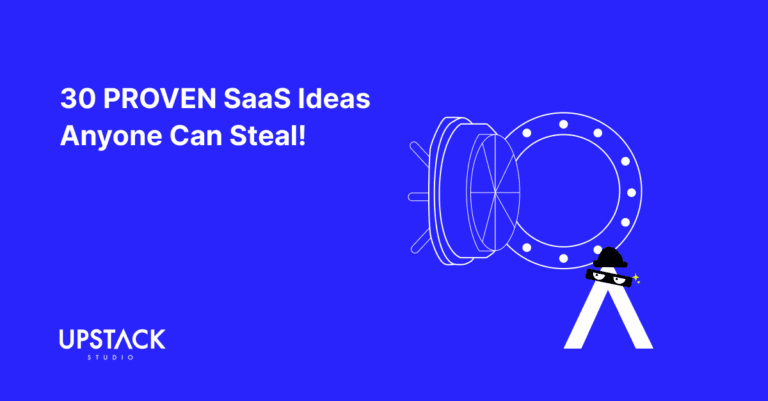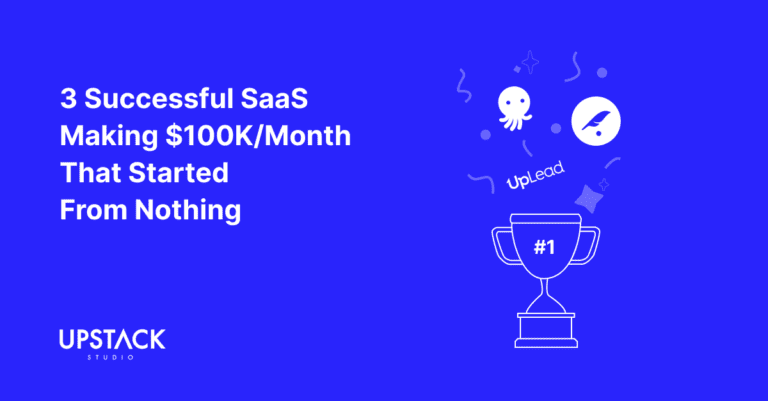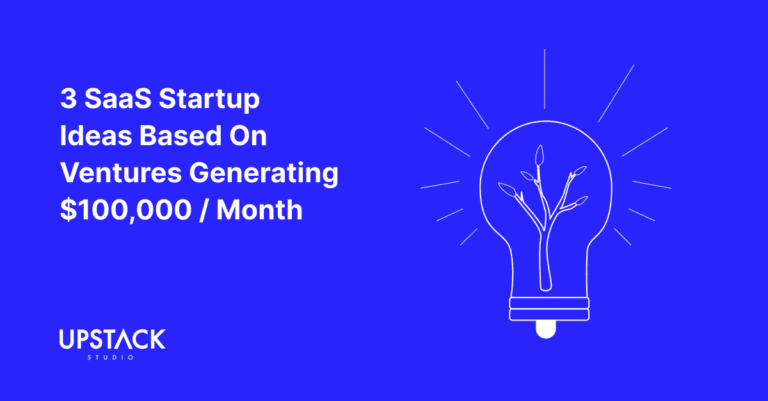Some say Elon Musk is a genius, others think he’s batsh*t crazy.
As far as we’re concerned, they’re the same thing.
Of course, as of publishing this article, public opinion is pretty stacked against Elon, and it’s all to do with his handling of Twitter.

But zoom out and look at his achievements as a whole, and there’s no denying the man has left a huge mark on the tech world and the world itself.
In fact, we think non-tech founders could learn a thing or two from him on how to lead projects.
If you’re an aspiring app founder, here are a few things you MUSK know about Elon.
Elon Musk’s Tech Background
We’re going to start by covering relevant details from Elon’s background, and his past with tech products and the tech industry in general.
This will hopefully do two things:
- serve as evidence of his expertise
- give us context for his present-day actions
So, look at the man behind the…musk.
Did Elon Musk Go to College (Yes)?
Yes, he did – Elon has a double degree in physics and economics.
Not to be elitists, but those degrees have very little direct connection with software development.
In practice, though, lacking the right formal education has never stopped Elon.
The man taught himself how to code starting from the age of 10 and sold his first software when he was just 12.
Today, he’s proficient in a few different programming languages including Java, Python, and C.
Elon Musk has been in tech and software development his whole life.
The Zip2 Era
In 1995, when he was just 24 years old, Elon and his brother Kimbal founded Zip2, a software company that developed online city guides.
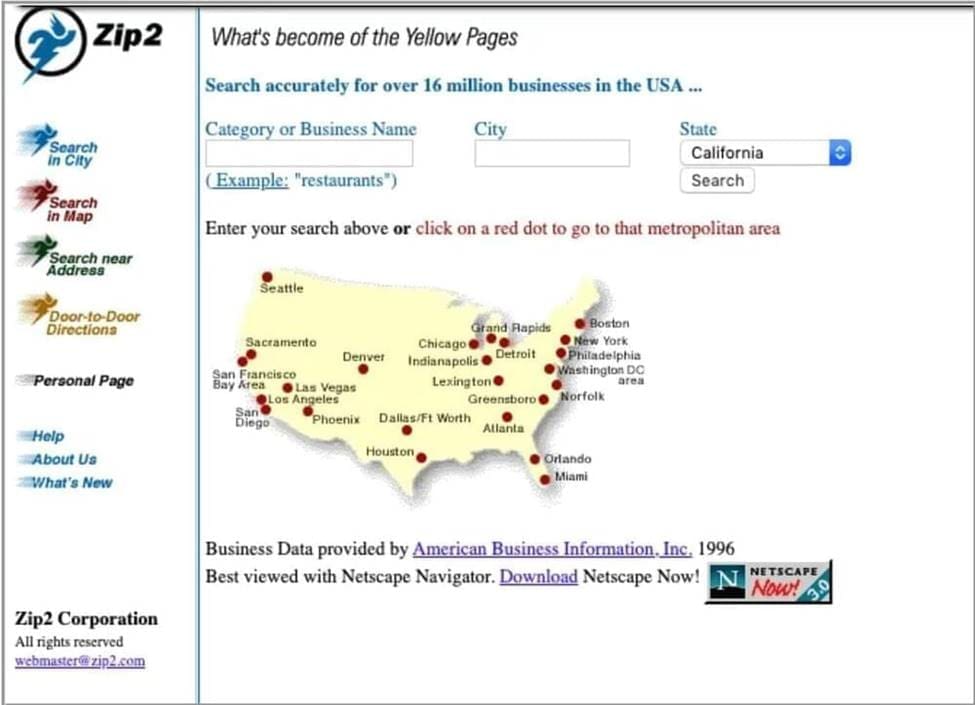
They started it with USD 15,000 and five years later it was acquired for just over USD 340mil.
Let’s say Elon’s story ended there; say he just took the money and retired.
It would still be an amazing story of how to found and run and grow an incredibly successful tech company.
But his story doesn’t end there.
The X.com Era
Elon would go on to found X.com in 2000, one of the earliest online banking systems to really take off.
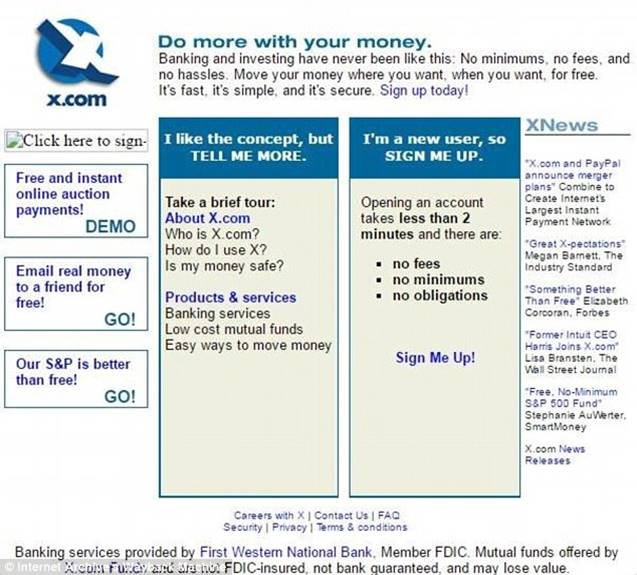
After a merger, X was rebranded as Paypal – yes, Elon Musk contributed to the founding of the number one online payment gateway system in the world.
And then they got acquired for USD 1.5 billion.
If Elon’s story ended here, he’d already be one of the GOATs.
But it didn’t.
There are two more notable companies that Elon founded or got involved with, and they’re still running today: SpaceX and Tesla.
The SpaceX and Tesla Era
According to Elon, he spent about USD 100 million of his own money to found his space rocket company, whose mission is to allow humans to one day colonize Mars.
It’s a huge jump from his already impressive achievements; Elon builds and programs rockets that travel millions of kilometers at breakneck speed.
It’s a big dream, and in the meantime, SpaceX has won multiple billion-dollar contracts from the US government to build rockets for NASA.
With Tesla, Elon isn’t a founder. He was an early investor and later took over from the original founder and CEO.
We’re grossly simplifying what happened – it wasn’t exactly a smooth and happy transition.
But it happened, and Elon took what was already a very successful company and turned it into a household name.
By the way, one of the things Elon did when he took over in 2008 was to fire 25% of Tesla employees.
Let’s see what charitable plans he had for 2022:
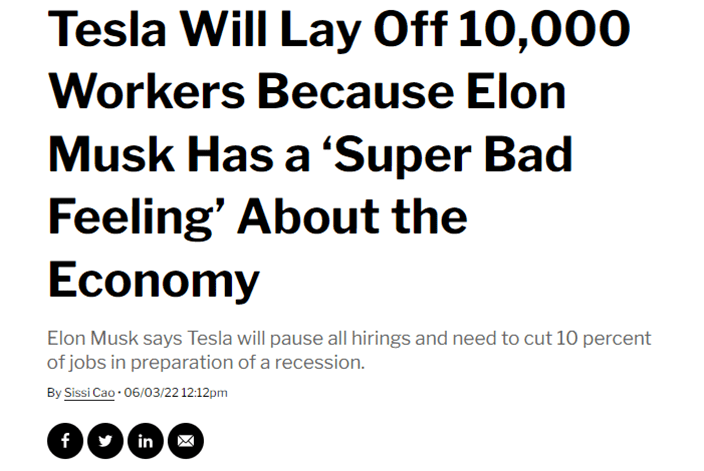
Honestly, the man has never changed.
Elon’s list of accomplishments is impressive, to say the least, and he got there by being the same as he’s always been – a jerk!
This is a good time to transition to the first main part:
Things You Should Learn From Elon Musk
Understanding software development
We’re not referring to his coding skills, which as far as we know, have made him a grand total of $500.
The hundreds of billions and massive global impact came from his thinking.
Code is just a language like English or Mandarin.
You can have the best vocabulary in the world, and all the fancy grammar, but you will never say anything worthwhile if you can’t think first.
So when we say Elon understands software development, we’re talking about his willingness – in fact, his drive – to ask, understand, and think before executing.
This is a quote from Jim Cantrell, one of the core technical engineering personnel at SpaceX:
He is by far the single smartest person that I have ever worked with … period. I can’t estimate his IQ but he is very very intelligent. And not the typical egghead kind of smart. He has a real applied mind. He literally sucks the knowledge and experience out of people that he is around. He borrowed all of my college texts on rocket propulsion when we first started working together in 2001.
~ Jim Cantrell
This is a man who wants to fully understand the process he’s paying for.
He’s not asking to sound smart, attack, or belittle.
He’s asking to understand.
That allows him to speak on equal terms with and manage technical people. They probably know more than him – in fact, they should. But he knows enough to ask the right questions and understand answers that come his way.
The final decision could still be a poor one, but when you have a solid thought process, you can work backward and see what went wrong.
We can’t help but think of non tech founders we’ve dealt with that…didn’t want to learn anything.
They just wanted to pay and get what they were asking for – only what they were asking for didn’t make sense.
We try asking them whether they’ve thought things through, and two minutes later…

And our team all go “arrrrrrgggghhh” on the inside.
We’re not asking non tech founders to learn how to code here, but be ready to get involved in the thinking part of the development process.
And to do that, they first need to do some homework and understand the development process.
When you and your developer understand each other, everything works so much better.
It’s like love at first sight.
Having goals beyond money
We think it’s fair to say that Elon today doesn’t chase money.
This is gonna sound super corny, but he chases his…dreams.

This is a quote from Elon Musk in 2022:
People get confused sometimes, they think an economy is money. Money is a database for exchange of goods and services, money doesn’t have power in & of itself.
~ Elon Musk
Words to live by, truly.
Elon chases his vision of the world, and it just so happens that his vision is very resource intensive, so he goes out and hustles a bunch of money – but only so he can get the resources he needs.
Some may think: “Easy for him, he’s already rich. Bet he wasn’t like that at the start.”
Maybe, but we can tell you for a fact that money is one of the worst reasons to launch a tech startup.
It’s competitive, there’s almost no technical barrier to entry, the work never ends, and there’s a terrifyingly huge chance your company won’t make it past its first year.
Maybe it was easier back in the 90s when Elon was starting, but we don’t live in the 90s, and we need to look at successful people as they are today.
And the fact is Elon today is all about the vision and the idea.
So if your main drive is money, we think there are far easier ways than starting a tech company.
Start with the idea. If it’s valuable, the money has to follow.
Knowing how to SELL
Take a typical software engineer and salesman, then ask each to sell you the same software subscription.
The engineer will delve into technical details and make sure they explain everything.
You know what the customer will think of that?

The salesman won’t have the same depth of technical knowledge, but he will capture your imagination.
And between the two, the salesman will close more sales.
Elon is definitely technically savvy, but he doesn’t sell by sharing the millions of features of his products.
He sells by sharing his vision of an ideal future.
With Tesla, people don’t just feel like they’re buying a car, it feels like they’re contributing in some small part, to the future.
Check out this interview from early 2022 where Elon is being interviewed at the new Tesla factory. Look at the comments: none of them are about the products themselves – they’re all about Elon and his vision.
So non-tech founders, leave the technical product development to technical product developers.
Tell us what you need – we’ll build it.
But when it comes to selling your solution, you need to take the lead on understanding how this is going to change people’s lives. Be like Elon. Pretend you’re already experiencing the future where your solution exists, then sell that future to your customers.
Running a lean operation
This one’s controversial – it’s definitely where you see the most ruthless side of Elon.
If you don’t perform up to standards, you’re fired.
If you’re not needed, you’re fired.
If you openly criticize the boss, you’re fired.
This sounds really bad, but business owners will definitely empathize here.
Anyone who has managed people will understand that employees are the biggest source of headaches.
When they perform, they help us grow the business like nothing else can.
When they don’t, they become the biggest drain on company resources.

Elon’s businesses have budgets in the hundreds of millions, and he’s still super strict about ROI.
For startup owners who don’t have bottomless pockets, we need to make sure any money going out leads to more money coming in.
If a founder knows an employee is holding the company back and lets them get away with it, who’s the real liability here?
Things You Should NOT Learn From Elon Musk
Releasing major updates too quickly
When Elon took over Twitter, it already had over two hundred million users.
It matters because while Twitter has its flaws, two hundred million users didn’t seem to mind.
Twitter gave them what they wanted: free rubbish.

Then Elon comes along and goes: Hmm, let’s make users pay for this rubbish!
And users were like: Don’t do it!
And Elon was like: I did it!
And users were like: Buh-bye!
As of the end of 2022, over a million Twitter users have left for an alternative platform called Mastodon, and more are projected to follow.
In theory, there’s absolutely nothing wrong with releasing updates that you think will improve your app.
In software development you want to fail fast and fail often, the idea being to test ideas out as quickly as you can; if it works, keep it. If it doesn’t, scrap it and move on.
We don’t think you’d ever find a developer that disagrees with this – we certainly don’t.
Thing is, Twitter is not in development mode – it’s established with a huge user base and existing business model.
You don’t just release a major update that changes how your product works after two hundred million people are using it.
In that case, there should be lots of internal testing, then a small batch of beta testers before releasing it to the public if at all, something that should have taken a few weeks at least.
Instead, Twitter Blue was released a week after Elon took over, and unsurprisingly, received huge backlash.
Making the app serve you instead of users
Let’s look at the list of major updates Elon implemented:
- Paid verification
- Account reinstatements
- No sharing of live locations
- Banning links to competitors’ social media
Update #3 is meant to add value to users – the idea being that sharing live locations exposes people to real-world harm.
Meanwhile, 75% of the updates only serve Twitter or Elon directly!
#1 is clearly a way to generate revenue for Twitter.
#2 is to meet Elon’s vision of an online space for completely free speech that the average Twitter user does not care about.
#4 is to not make it too easy for unhappy Twitter users to jump ship. Interestingly, Twitter banned sites like Facebook and Mastodon but not TikTok, and people speculate that it might be because Tesla heavily depends on China as a revenue source.
The worst part is that in addition to being self-serving, many of these updates are huge inconveniences to users, a combination that’s sure to piss people off.
Mistreating employees
Treating your staff as a resource is one thing, being an asshole is another.
Elon is a jerk and always has been – there are so many accounts of him mistreating employees.
He gets away with it because one, his companies pay very well.
Two, for companies like Tesla and SpaceX, there’s a larger-than-life mission that we can totally see people buying into.
If our founder and CEO Adrian ever treated us that way, we’d quit overnight and leave logic bombs in the company backend.
Thankfully, Adrian understands he’s chosen the path of the founder – he’s the main character on a solo quest and we’re just NPCs.
Don’t get us wrong. Upstack Studio is fully remote, and that has led to people that needed a little…shall we say, motivation.

If a founder finds themselves constantly scolding employees, something’s wrong and it’s probably not the employees.
We, your employees, are a resource, yes, but we only belong to you so long as you give us what we want in return.
After money and job satisfaction, what we want is just a little bit of kindness.
That’s where Elon’s failed.
By the way: Like what you just read? Then read some more! Sign up for our newsletter and get concise and actionable content on mobile app development sent directly to your inbox. Plus, get a snazzy little list of questions to interview app developers and find the right one for you.
Download this template now so you know exactly what to ask App Development Agencies! Let us know where should we send it through the form below.

